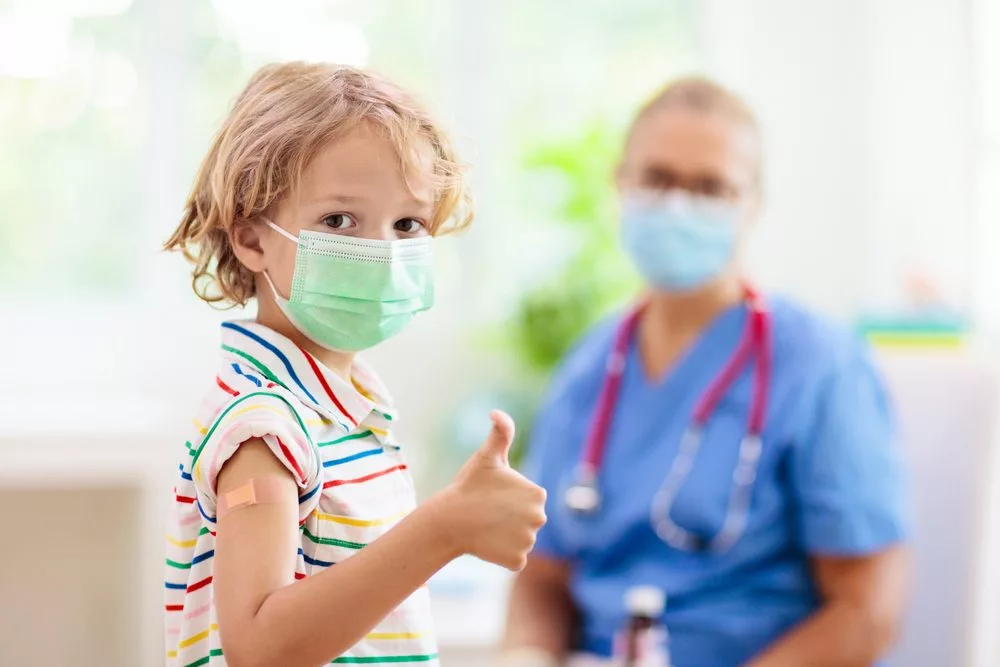
North Bay public health officials are expressing concerns that President Donald Trump’s appointment of an anti-vaccine advocate to a national health role could help move vaccine skepticism from the fringes to the mainstream, potentially impacting public health locally and nationally.
Whether or not Robert F. Kennedy Jr. is confirmed as U.S. Health and Human Services Secretary [the hearings were still underway at press time], tapping an individual with well-documented anti-vaccination views and advocacy lends legitimacy to those views, which could have a chilling effect on vaccinations, officials say.
“There is a lot of myth and disinformation that can happen very quickly, so when you have someone at such a high level with beliefs that can decrease vaccination, that can potentially lead to a decrease in the vaccination rate, in which case it could increase disease,” said Dr. Christine Wu, deputy director of the Napa County Health and Human Services Agency.
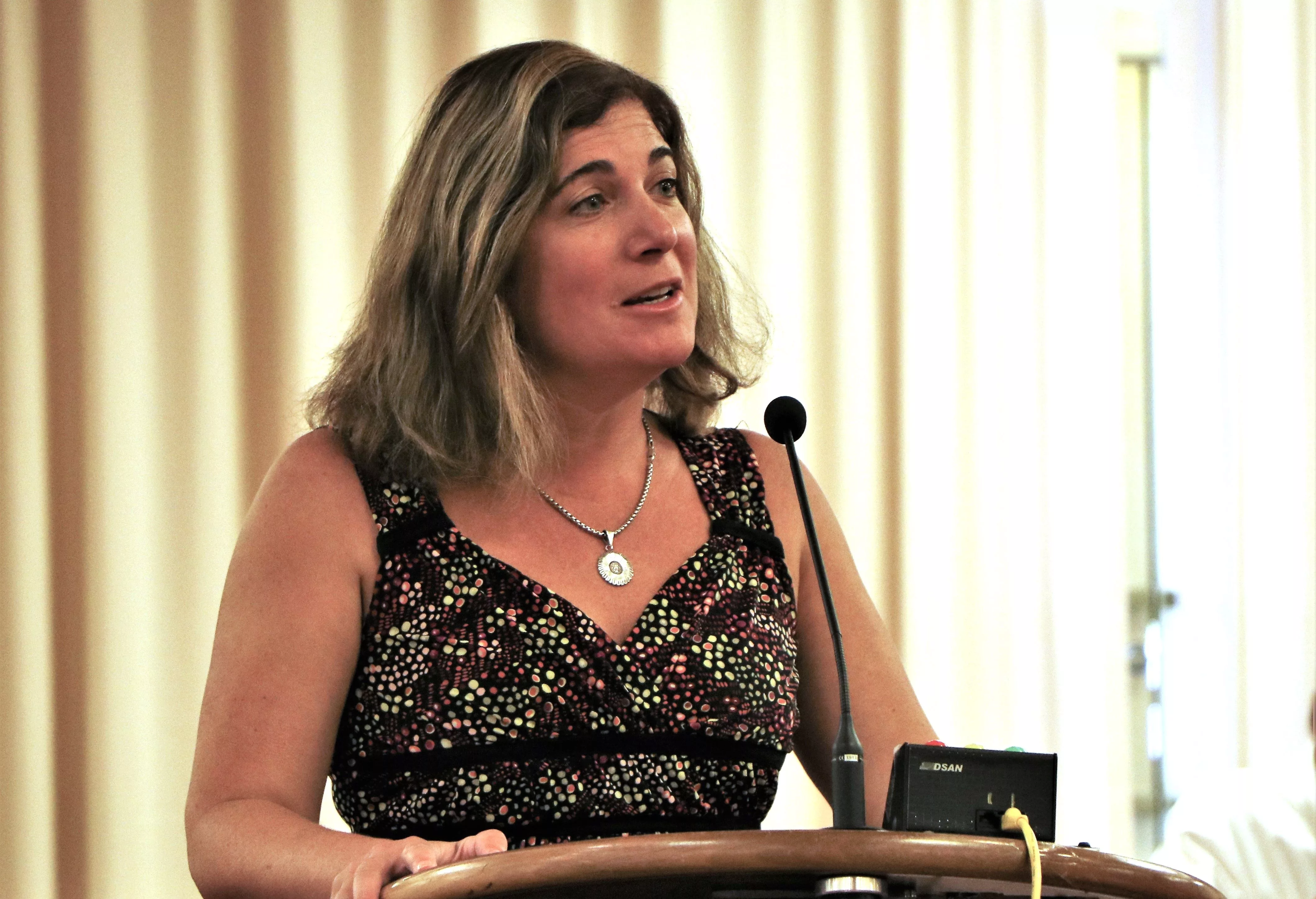
Wu’s Sonoma County counterpart echoed the sentiment.
“Unequivocally I am concerned that vaccine skepticism is moving to the mainstream,” said Dr. Karen Smith, interim health officer for Sonoma County. Smith previously served four years as director of the California Department of Public Health and state health officer.
Dr. Lisa Santora, Marin County’s public health officer, agrees. “It’s one of our concerns. We will have to increase our efforts of public education if there is disinformation or misinformation spread about disease prevention strategies such as vaccination.”
An example is H5N1 in milk, Santora says.
The highly pathogenic bird flu virus, also known as H5N1, is spreading in dairy herds throughout the state, with Gov. Gavin Newsom declaring an emergency in December.
Though the threat of bird flu infection to the general public is low, North Bay health officials are urging residents to protect themselves by not drinking unpasteurized milk and also by vaccinating against seasonal flu. The H5N1 virus is spread to humans by drinking contaminated raw milk or direct contact with infected animals.
However, not only does Kennedy oppose vaccination, Trump’s Health and Human Services appointee is a proponent of raw milk. His views could discourage residents from taking either measure.
Smith notes that the Kennedy appointment could have far-reaching consequences both locally and nationally.
“A very large proportion of the kids in the U.S. who get vaccinated before going to school get a vaccine paid for in large part by the Vaccines for Children program run out of the Centers for Disease Control,” Smith says.
The program provides vaccines to children whose parents or guardians may not be able to afford them. In Sonoma County alone, 52% of households with children under 6 years of age struggled to cover basic needs, according to a 2021 United Ways of California study, Struggling to Move Up: The Real Cost Measure in California.
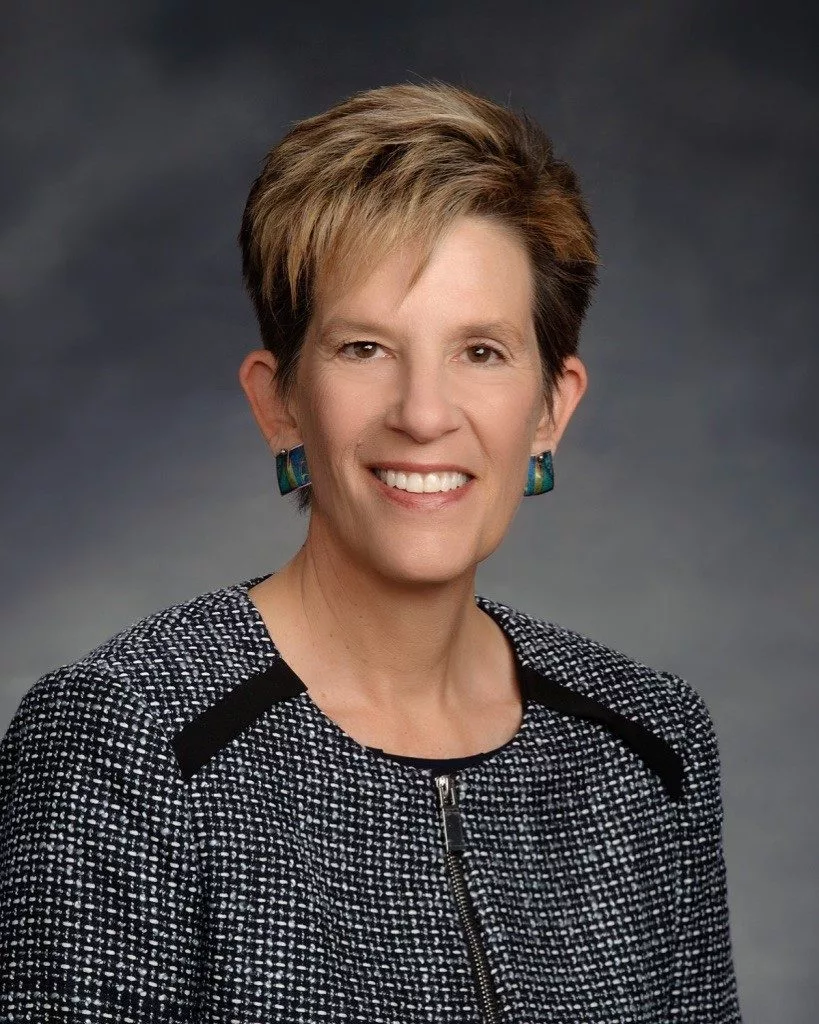
In 2023, the program distributed over 74 million doses nationally. “That is the magnitude of that risk should federal officials try to un-fund this program,” Smith says.
“I personally am very concerned about any funding that might be threatened by the personal beliefs of the individuals who have authority over the CDC,” Smith says.
State legislation + public education = vaccination
All three public health officers had good news about North Bay childhood vaccination, which has a major effect on the health of adults as well as children.
Childhood vaccines are the most critical vaccines, because it’s the kids who bring infectious diseases home to their parents, Smith says.
A new state law that went into effect in 2016, as well as public health education efforts, have increased vaccination rates, the three public health officers say.
California state law mandates that children entering kindergarten must be vaccinated. However, for many years, parents could simply check a box on a form saying they weren’t going to vaccinate their child due to personal beliefs and get exemption from the law.
In 2016, a new state law eliminating the personal belief exemption went into effect, dramatically increasing vaccination rates—a law lobbied for by activists including Marin resident Carl Krawitt. His son Rhett, a leukemia patient at the time, was at risk of catching infectious diseases because the boy’s treatments weakened his immune system.
California eliminated personal belief exemptions for vaccines on Jan. 1, 2016. The change was made by Senate Bill 277, which was signed by then-Gov. Jerry Brown on June 30, 2015.
The passage of the law was a major breakthrough, Smith says.
“When the personal exemption was an option, it was easy to just check the box and skip the vaccines,” Smith says. “When [the exemption] was eliminated and people had to get a doctor to sign off on a medical exemption, vaccination rates soared,” she says.
In Sonoma County, “For the 2023-2024 school year, 93.5% of entering Sonoma kindergartners were up to date on their vaccinations,” Smith says. “That’s a really good rate. It aligns with California as a whole, which is at 94%.”
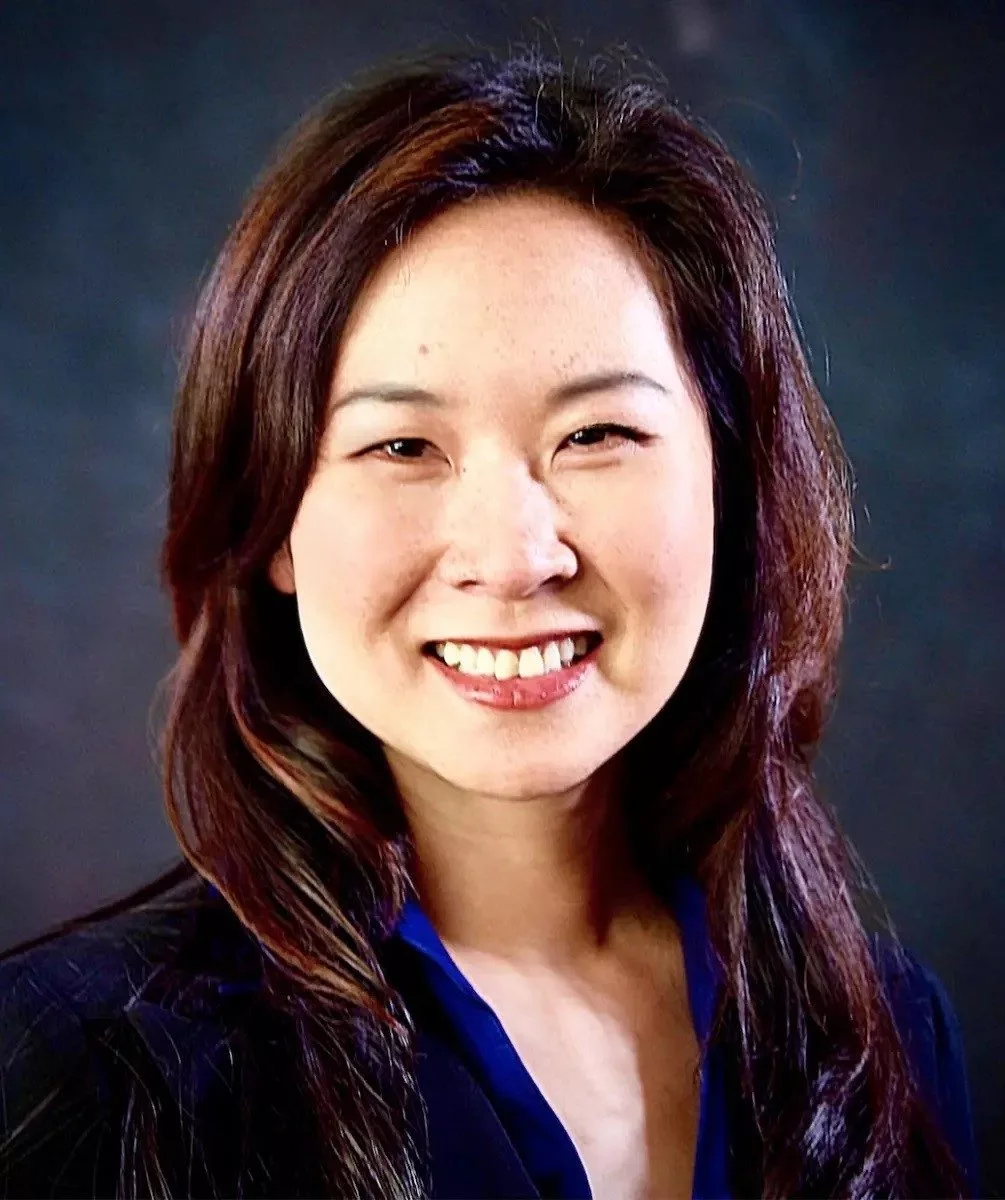
In Napa County, for the 2023-2024 school year, 98-99% of Napa County kindergartners were vaccinated with all required vaccinations for school enrollment, Wu says.
“Since the 2019-2020 school year, we have had a rate over 90%,” Wu says. “That has really helped with ensuring that our community is well-protected, especially in school settings. It’s easy for disease to spread in a congregate setting like a school.”
Marin County’s lowest rate of vaccination was in 2012, according to Santora. Then, in 2014, there was a statewide measles outbreak that started in Disneyland and spread throughout the state, including Marin County.
“Our health department developed a vaccine working group community-wide and did outreach to stakeholders including parents. Due to those efforts, combined with state law shifting, now more than 95% of our kiddos are vaccinated,” Santora says.
In Marin County, 96.5% of all kindergartners were vaccinated with all required vaccines for school enrollment for the 2023-2024 school year.
In an example of the effectiveness of vaccination, “We have not seen a measles outbreak in our community since then,” Santora says. Measles is highly infectious and can cause serious health complications, especially in children younger than 5, according to the CDC.
While vaccination rates are looking good for all three counties, “there’s always a caveat,” Smith says.
There are geographic pockets with lower rates, Smith points out. In Sonoma County, these tend to be in the west areas of the county and a few areas north of Petaluma, she says.
“Low levels tend to cluster geographically and that is what makes the people in those areas vulnerable to infections. While 93.5% is really great for kids to be up to date with all required vaccinations, in those areas with low numbers, you can get transmission,” Smith says.
That’s why it’s all the more urgent to have a unified message from health officials at all levels that vaccination is important, she says.
Smith says the root of vaccine skepticism stems from a single study that has since been discredited. In 1998, Andrew Wakefield, an English doctor, produced a paper that alleged a connection between vaccines and autism. The paper has since been disproved and retracted.
“The other thing that happened around the same time was that autism was being recognized much more broadly,” says Smith. “The symptoms of autism do tend to appear around the age of 2, the same age that we require kids to get vaccines.”
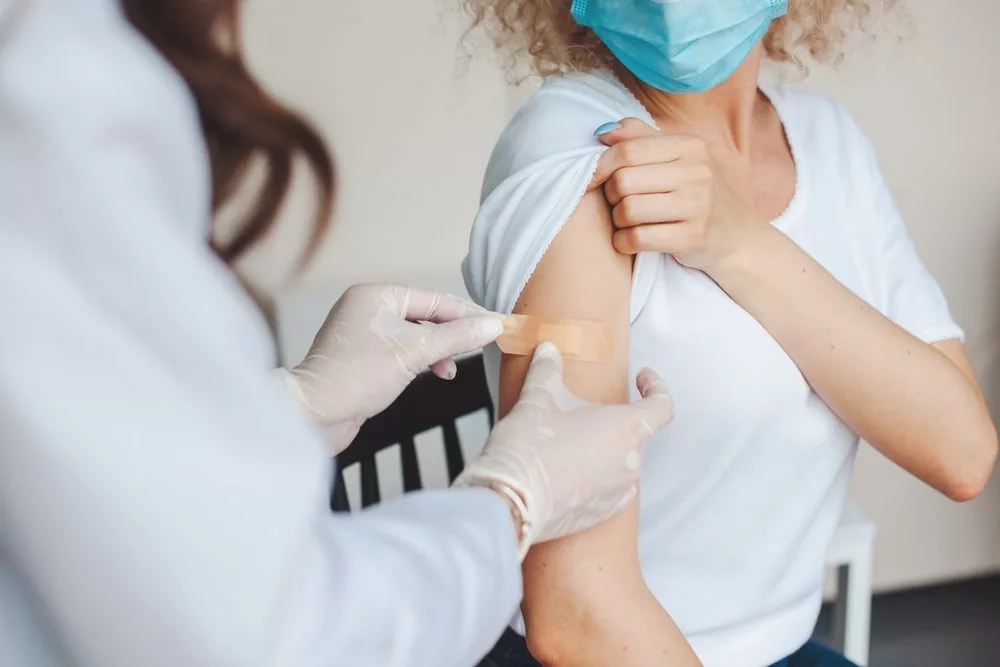
Stresses Smith: “That’s not a cause, just two things that happen at the same time.”
Since then, the explosion of conspiracy theories enabled by the internet’s ability to broadly distribute misinformation has promoted these beliefs, Smith says.
Anti-vaccine advocate Kennedy Jr. has two law degrees, including a master’s degree in environmental law, but has no educational background or training in health or nutrition. Despite his lack of credentials, he founded an anti-vaccine group, Children’s Health Defense, and has authored books furthering the discredited theory linking vaccines to autism.
To combat potential myths and disinformation, Wu urges people to use credible sources to get their information.
Such sources include the websites of all three North Bay health departments, as well as the U.S. Centers for Disease Control and Prevention.
Smith notes, “I’ve been invited to debate vaccines many times. I don’t do it.
“I would debate anything on fact, but you can’t debate belief. This antivax thing is a belief. It’s not a fact.”



